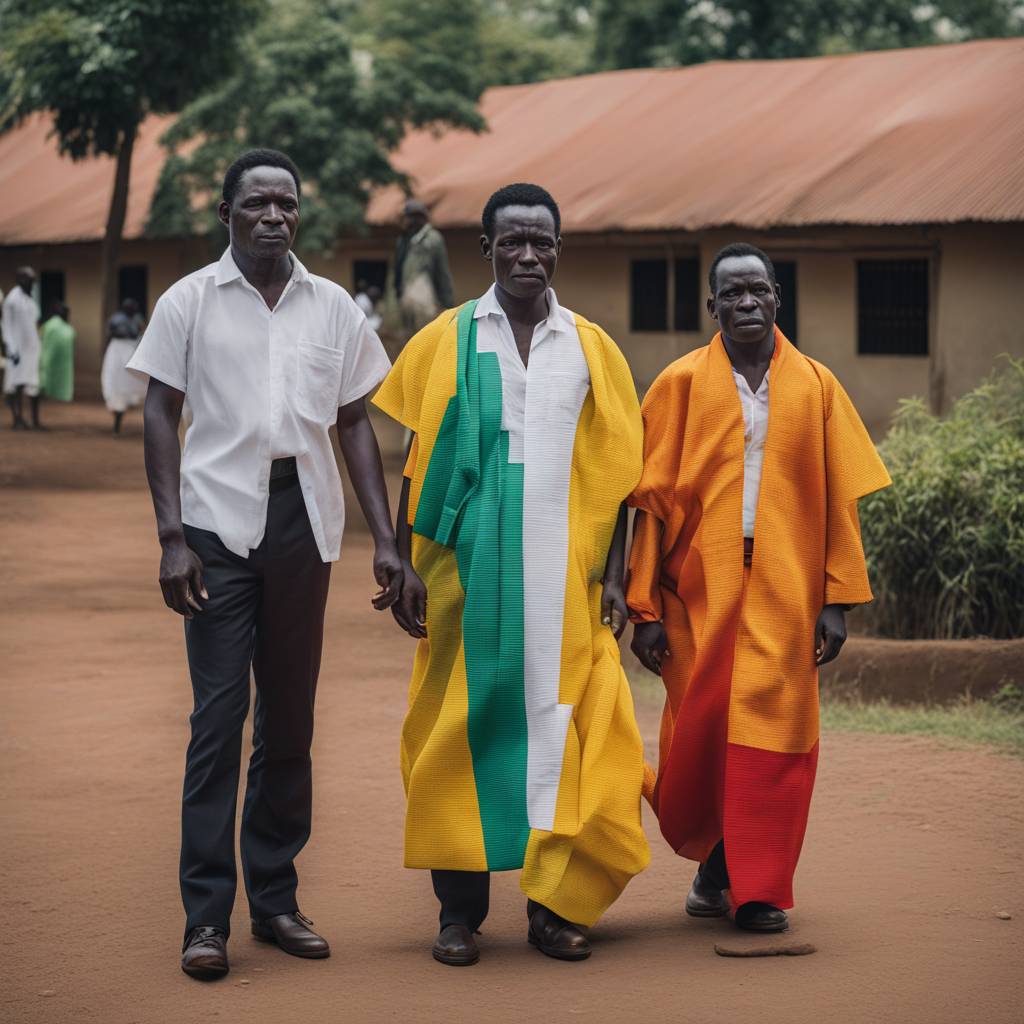Uganda’s Constitutional Court has upheld an anti-gay law that allows the death penalty for “aggravated homosexuality.” The law was challenged by activists in court, but the judges declined to overturn it, stating that it was legally passed by parliament and does not violate the constitution. The court did rule that members of the gay community should not be discriminated against when seeking medication, but activists who contested the law have vowed to appeal to the Supreme Court.
The law, signed by President Yoweri Museveni in May of the previous year, defines “aggravated homosexuality” as cases involving vulnerable people or minors, or when the perpetrator is infected with HIV. The punishment for “attempted aggravated homosexuality” can be up to 14 years in prison. Homosexuality was already illegal in Uganda under a colonial-era law criminalizing sexual activity “against the order of nature,” punishable by life imprisonment. The United Nations, U.S. President Joe Biden, and the World Bank have all expressed deep concern and condemnation of the law, calling it a violation of human rights and jeopardizing economic growth for the country.
Homosexuality is criminalized in more than 30 of Africa’s 54 countries, with some viewing it as behavior imported from abroad rather than a sexual orientation. Uganda’s Anti-Homosexuality Act has been widely condemned by rights activists and others abroad, while being supported by many in the East African country. The Constitutional Court’s ruling comes as a blow to LGBTQ+ rights in Uganda and has sparked outrage and protests from activists and advocates fighting against discrimination and persecution based on sexual orientation.
The petitioners, led by lawyer Nicholas Opiyo, had argued for the dismissal of the law on 14 grounds, but the court ultimately upheld it. Deputy Chief Justice Richard Buteera stated that the law was legally passed by parliament and does not violate the constitution, despite the concerns raised by activists and international organizations. Members of the gay community were allowed to seek medical and cultural acceptance according to the ruling, but the overall impact of the law remains a significant setback for LGBTQ+ rights in Uganda and beyond.
The activists who contested the law have vowed to appeal to the Supreme Court in an effort to have it overturned entirely. Andrew Mwenda, one of the petitioners, referred to the ruling as a temporary setback in the fight against cultural bigotry and prejudice, expressing hope that the Supreme Court will rule differently. The Anti-Homosexuality Act has drawn both local and international condemnation for its harsh and discriminatory provisions, with many seeing it as a blatant violation of human rights and a dangerous precedent for LGBTQ+ rights in Uganda and the region.
The passing and upholding of Uganda’s Anti-Homosexuality Act highlights the ongoing struggle for LGBTQ+ rights in Africa, where homosexuality is criminalized in many countries. The cultural and political complexities surrounding LGBTQ+ issues in the region continue to be a major challenge for activists and advocates, who face opposition from governments, religious institutions, and public opinion. The fight for equality and acceptance for LGBTQ+ individuals in Africa remains ongoing, and the ruling on the Anti-Homosexuality Act in Uganda represents a significant setback in that battle.













